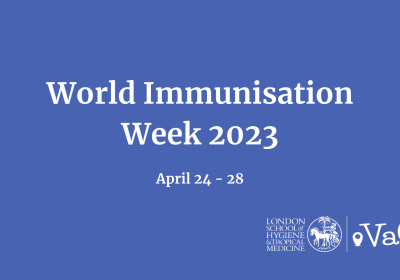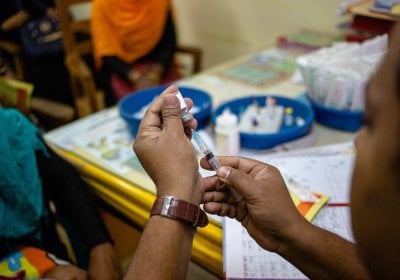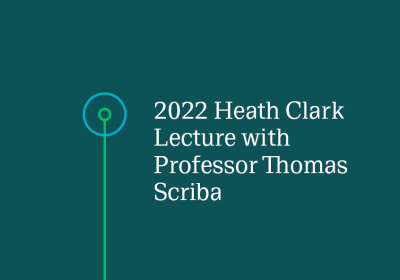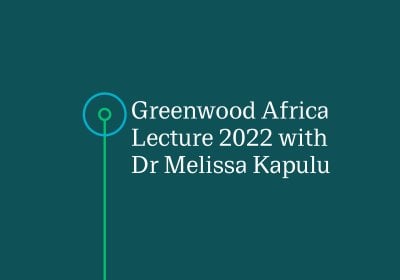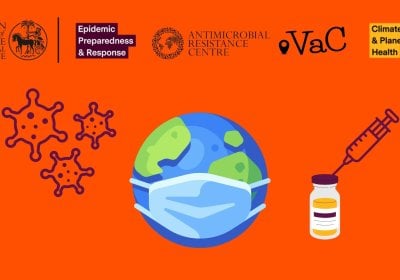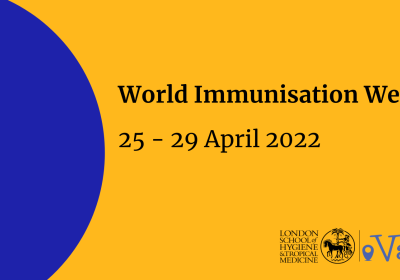Respiratory syncytial virus (RSV) - an epidemiologist's perspective on vaccine control
James Nokes is Professor of Infectious Disease Epidemiology at the School of Life Sciences, University of Warwick. Since 2001 he has been based full time at the Wellcome Trust Major Overseas Programme, Kilifi coastal Kenya. James trained in Zoology (BSc) followed by a PhD in virus epidemiology. His principle interests are the transmission dynamics and control of human viral pathogens, including respiratory syncytial virus and rotavirus. The focus of his WT Senior Investigator Award is the integration of epidemiological and genomic data to infer transmission pathways at different scales of interest from the household to countrwide. His research group is interdisciplinary using molecular, phylogenetic, immunological, mathematical, statistical and field approaches to address key questions relating to respiratory and enteric virus persistence, transmission, and intervention.
Abstract:
RSV is a major cause of severe lower respiratory tract infection in infants and young children worldwide, particularly in low resource settings. The early infant is the optimal target for vaccination, but there are major obstacles to vaccine development for this age group. Hence, a variety of immunization strategies are being put forward for which a range of vaccines are undergoing trials. Options include boosted passive immunity in newborn, delayed infant vaccination, school-based intervention and targeted or cocoon delivery. To provide a sound epidemiological basis for immunization strategy decisions our research in Kenya has focused on the transmission characteristics of RSV, on who acquires infection from whom, origins and persistence of the virus, the role of households and schools, and improving basic knowledge of the natural history of infection and immunity. In this talk Professor Nokes will outline some of this work, including household infection studies, seroepidemiology, partial and whole genome sequencing of the virus, defining social contact networks, and use of dynamic transmission models. Future research needs will be suggested.
Admission
